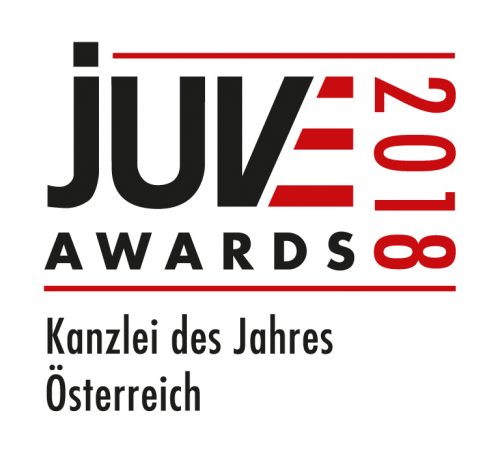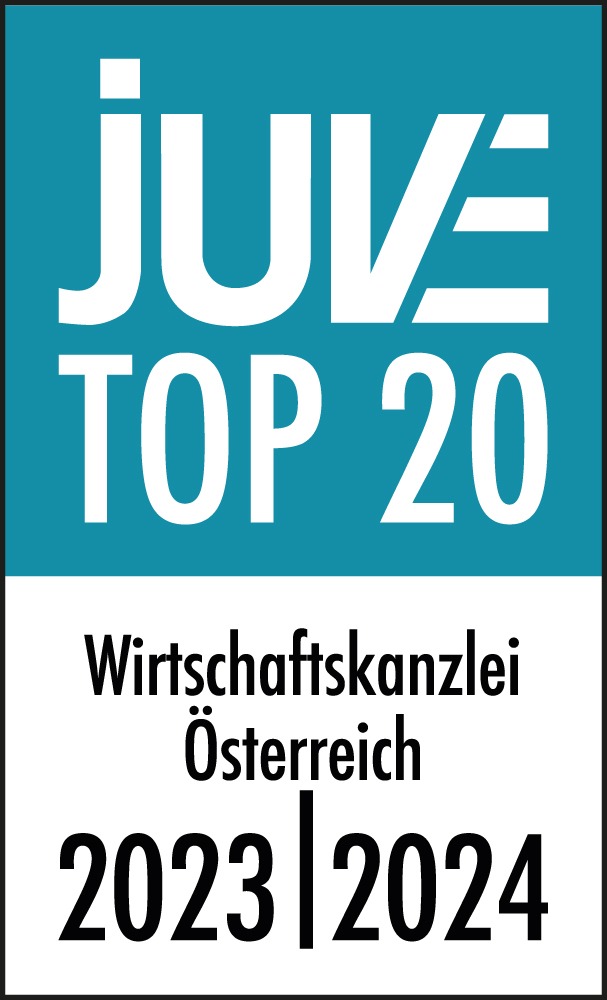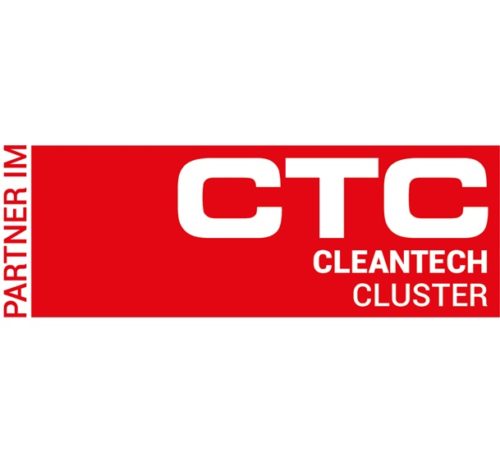Whistleblowing reporting systems
We help with implementation and processing!
The European Emissions Trading System (“EU ETS”) is entering its fourth trading period in January 2021. Therefore, it is high time the Austrian legislature made the National Emissions Certificate Act (EZG) fit for this occasion and adapt it to the altered European regulations.
The following article is intended to give an overview of the EZG amendment 2020, which was decided only yesterday in the Federal Assembly and is to be announced soon.
The European Emissions Trading System serves to reduce CO2 emissions in the Union and thus to achieve the emissions and climate targets set by the EU. Companies which emit greenhouse gases have to submit certificates for these emissions. If a company has too few certificates or too high CO2 emissions, it has to buy additional certificates. If, on the other hand, it falls below the forecasted amount of emissions, certificates can be sold at a profit. This creates an incentive for energy-efficient production.
Recently, the European Commission published guidelines on certain state aid measures related to the greenhouse gas emission allowance trading scheme (“Community scheme”). We have already reported on that here.
The Commission’s initiative aims to bring the problem of “carbon leakage” under control and is also related to the EU’s goal of climate neutrality and the associated restructuring of the energy sector (“Green Deal”).
At this point it should be noted that the prices for emission certificates have risen sharply in recent months. In addition, the emission certificates in the next trading period are to be awarded almost exclusively via auctions – the previous system of free allocation is to be the exception. The current amendment to the Austrian EZG has to be seen against this background.
To begin with, it should be mentioned that the Austrian legislature has proceeded cautiously with the current reform. Still, when looking at the draft in detail, significant changes to the previous legal situation can be seen. On the one hand, this concerns the basic approach to certificate trading and the change from a (free) allocation to an auction system, in line with the principles of Union law. Furthermore, a significant relief of the administration should be ensured.
The following is an overview of some of the major changes:
This amendment to the Emissions Certificate Act will soon be announced and come into effect. We will continue to report on the details of the reform and its application in practice.
Our expert Johannes Hartlieb and our other experts from the Environmental Law Team will be happy to answer any further questions you may have on this topic.
Disclaimer
This article provides only general information and does not replace legal advice. Haslinger / Nagele Rechtsanwälte GmbH assumes no liability for the content and correctness of this contribution.
17. December 2020






